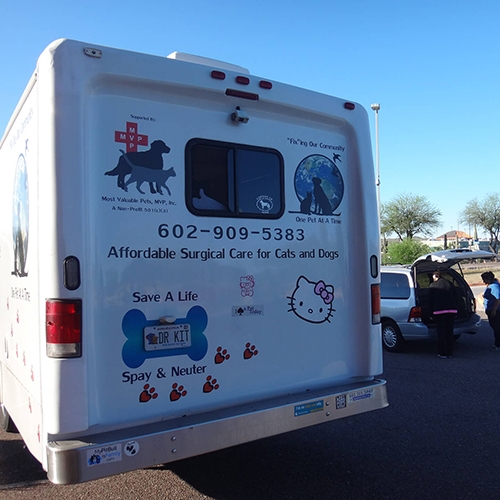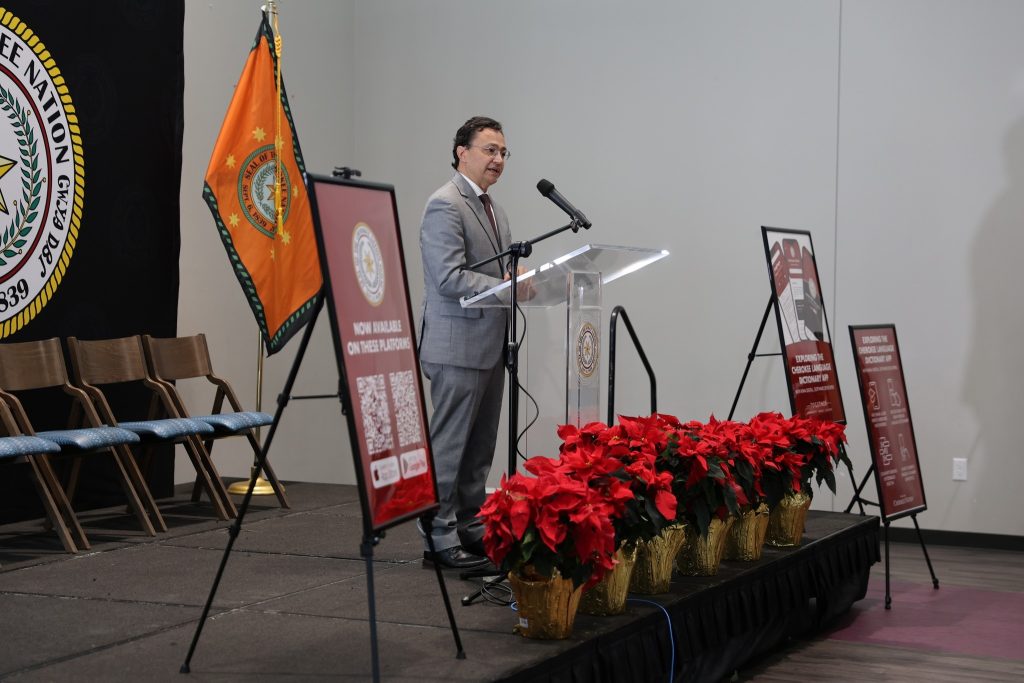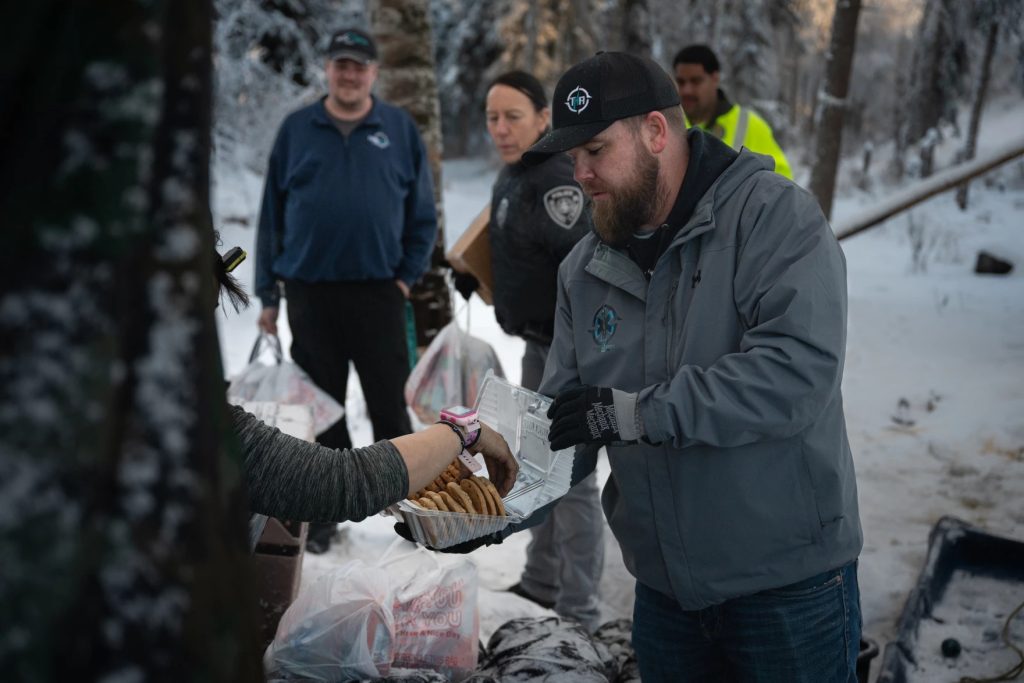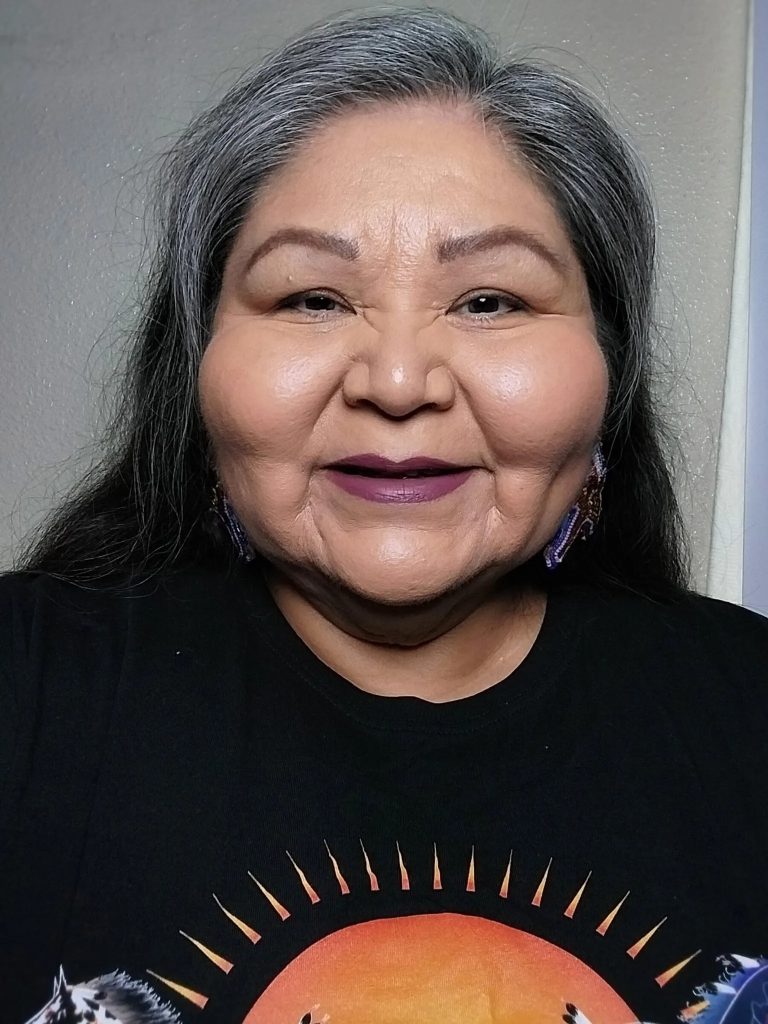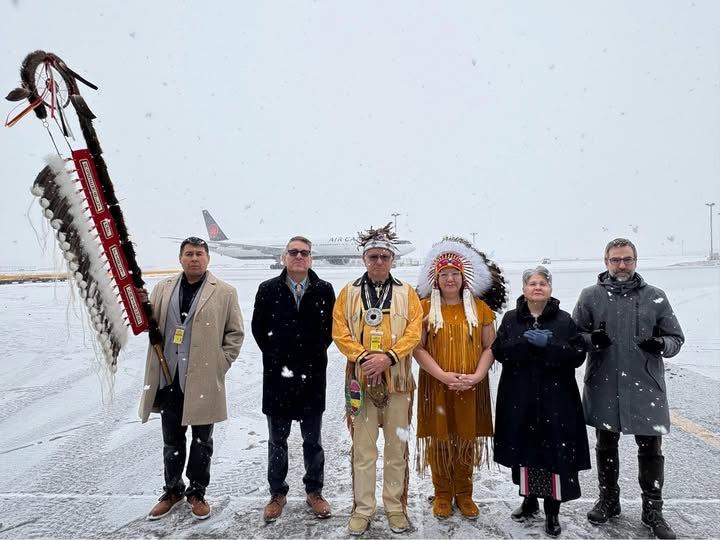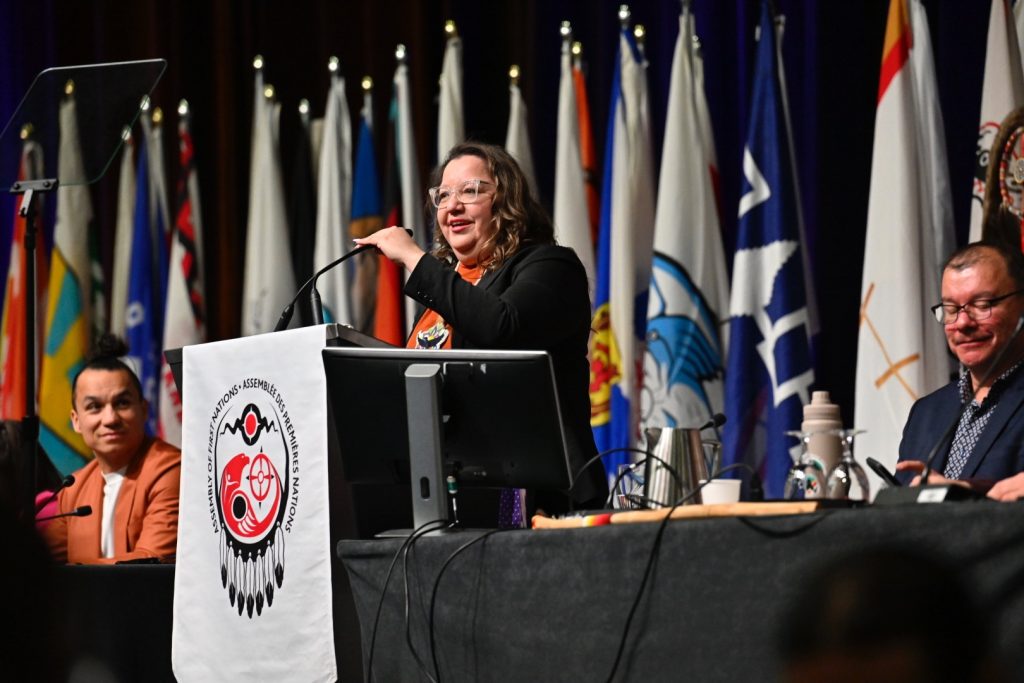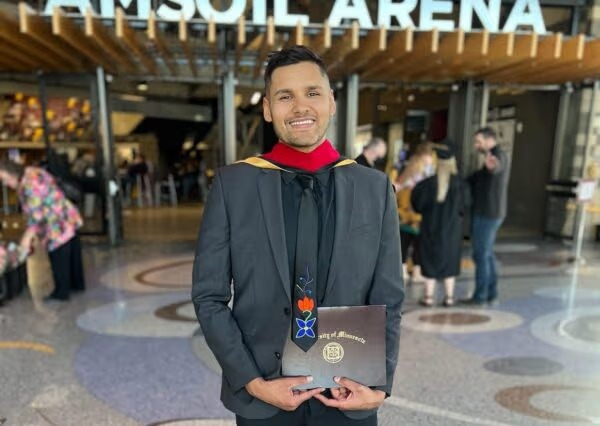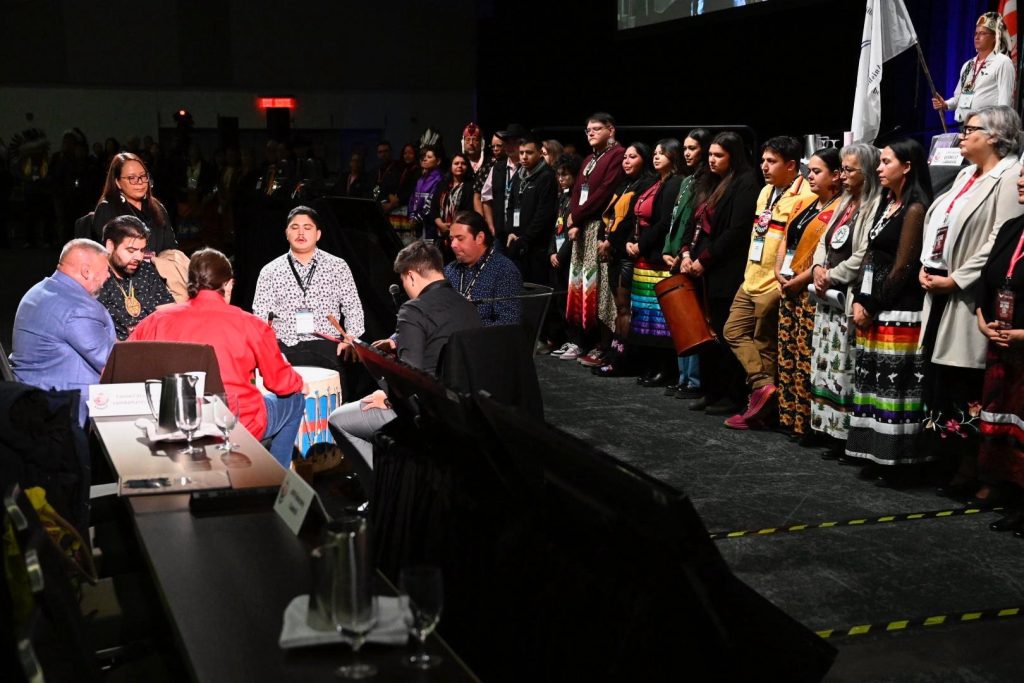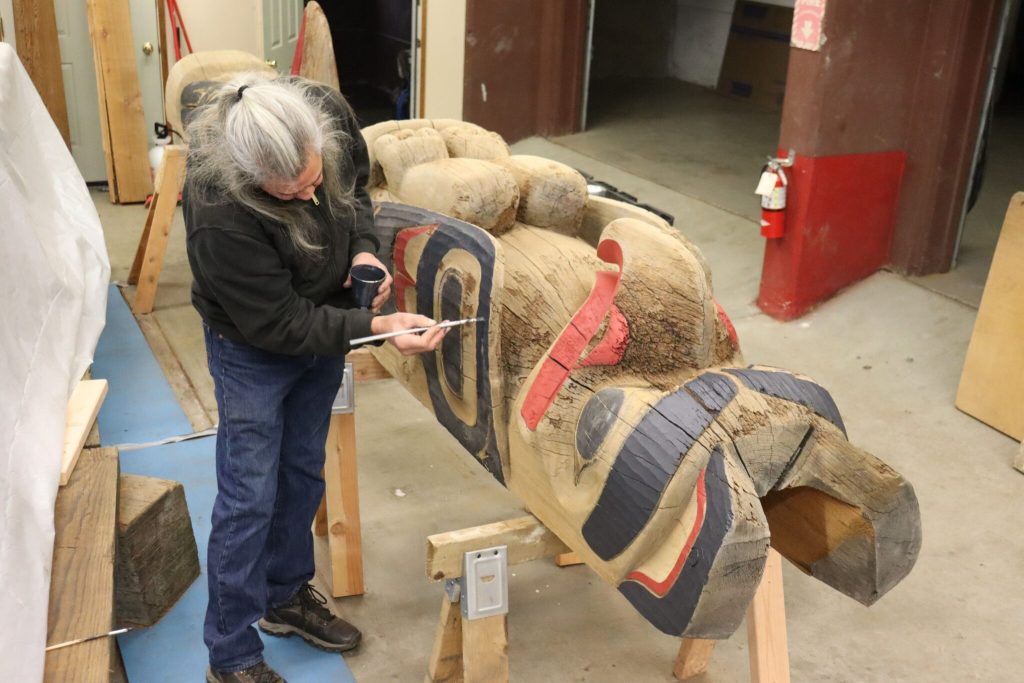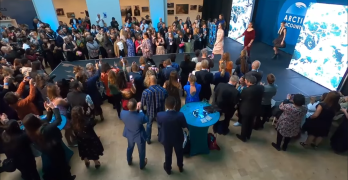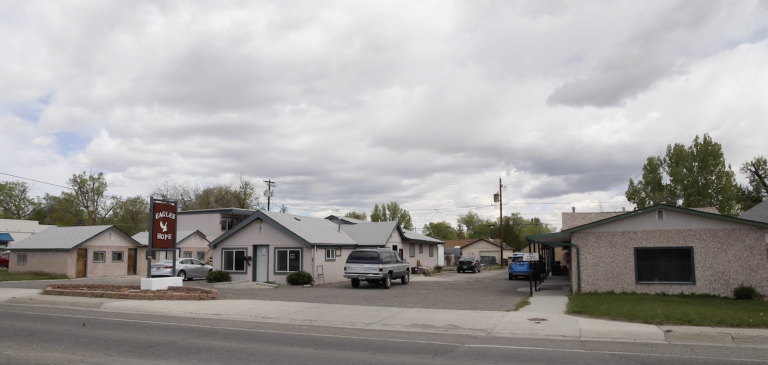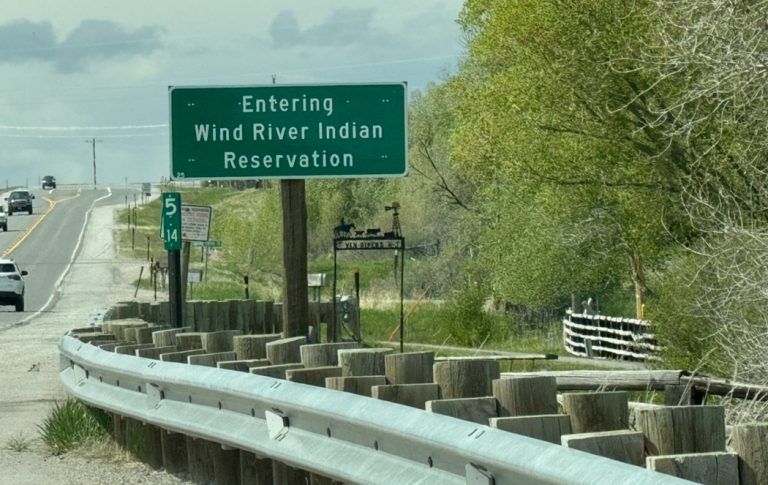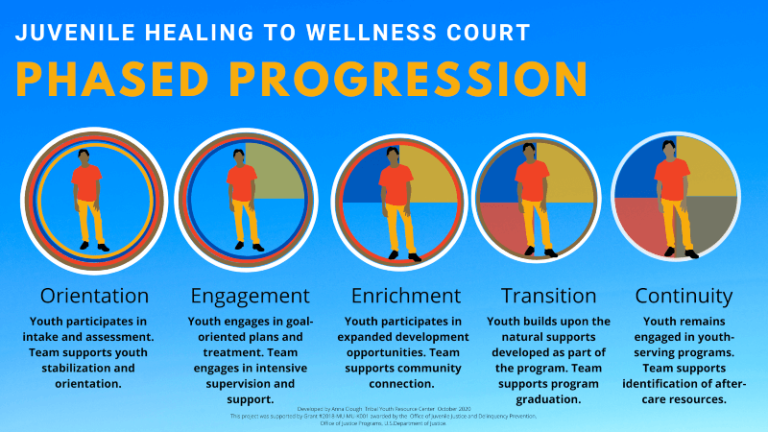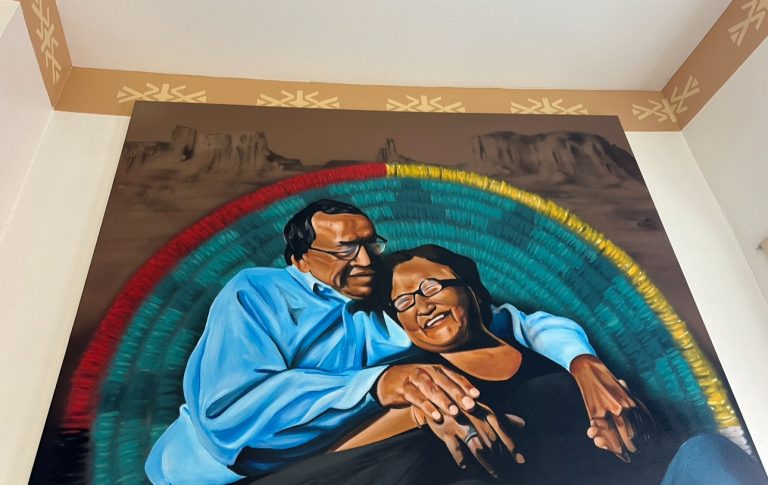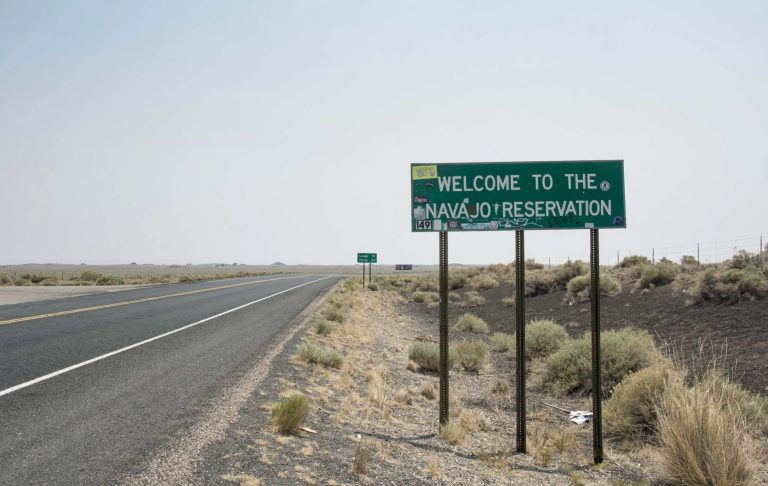Podcast: Play in new window | Download | Embed
The Fort McDowell Yavapai Nation neighboring Fountain Hills, Ariz. recently dealt with reports of “aggressive dogs running loose”, resulting in attacks that prompted its police department to increase patrols while urging the public to stay away.
KJZZ’s Gabriel Pietrorazio reports.
Two tribal members were bitten last week and are now recovering from non-lethal injuries, according to acting chief of police Jesse Puffer.
“We did catch three out of the four dogs.”
Incidents like this are not uncommon on tribal lands with canines roaming their 24,000-acre reservation.
Some are seen as strays – often dogs that are dumped there by owners who do not wish to keep them – while others are claimed by tribal members as pets.
“We also have a dog ordinance, too, so people get cited for that as well – depending on what the nature anywhere from, you know, $150 fine and plus you and it can be higher if you can’t show record of vaccination and also licensing.”
 The documentary “Remaining Native” tracks Yerington Paiute Tribal member Ku Stevens as he confronts the horror of what his great-grandfather went through in boarding school.
The documentary “Remaining Native” tracks Yerington Paiute Tribal member Ku Stevens as he confronts the horror of what his great-grandfather went through in boarding school.
Stevens created a remembrance run tracking the same route his great-grandfather took to escape his boarding school.
KNPR’s Jimmy Romo attended a screening of the film and brings us this report.
Warning: This story includes accounts of violence against children
In 1913, government officials ripped 8-year-old Yerington Paiute Tribe member Frank Quinn from his family and placed him in the Stewart Indian Boarding School near Carson City, Nev.
As part of her history PhD studies at UNLV, Annie Delgado researches what actually happened to Native children in the U.S. boarding school system.
“The early years are just filled with trauma, abuse, pain, and just assimilation.”
Many students tried to escape the abuse.
Quinn’s great-grandson Ku Stevens is the protagonist in the documentary, “Remaining Native”.
In the film, viewers learn, along with Stevens, the story of his great-grandfather.
To remember the courage of Native children who tried to escape, Stevens organized a remembrance run from Yerington, Nev. to the Stewart Indian School.
The first run took place in 2021, followed by three others. The route marked the same 50-mile run Quinn took to go back home, as Stevens explains.
“They were running, sweating and bleeding. I think of this guy Russell, who I consider just like an uncle, broke both his feet, fractured them by the end of the run. And he did all 50 miles.”
In the most recent class action lawsuit, the Wichita and Affiliated Tribes and the Washoe Tribe of Nevada and California filed a case against the federal government in May. They are suing over misused funds.
Currently, the sovereign nations are requesting the U.S. itemize a $23 billion trust fund, established by pressuring Native nations to sign agreements. Most of these treaties promised that the U.S. would educate Indigenous children in exchange for their land. That wasn’t what happened, according to UNLV’s Annie Delgado.
“The United States government itself knows that these schools did not educate [children] the way they intended to educate.”
The communal trauma of boarding schools still affects Indigenous families across the nation.
“Remaining Native” is still available for community screenings.
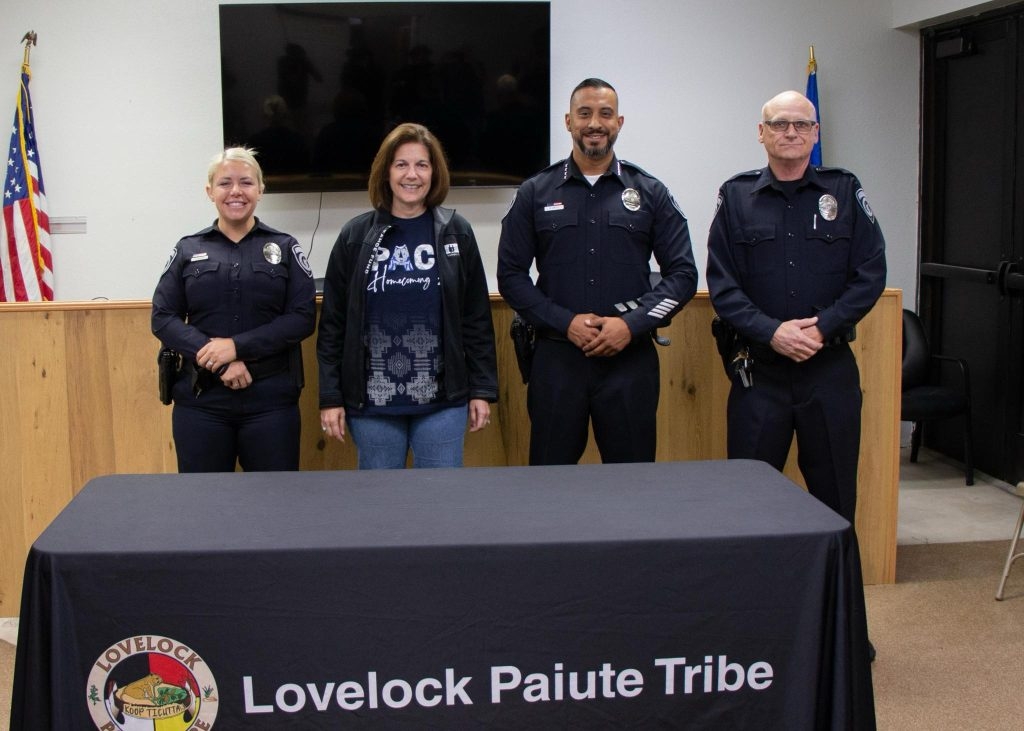 The Bridging Agency Data Gaps & Ensuring Safety for Native Communities Act has passed the U.S. Senate.
The Bridging Agency Data Gaps & Ensuring Safety for Native Communities Act has passed the U.S. Senate.
It supports the recruitment and retention of Bureau of Indian Affairs (BIA) law enforcement officers, bolsters federal missing persons resources, and gives Tribes and states tools to combat MMIP.
The legislation is led by U.S. Sens. Catherine Cortez Masto (D-NM), John Hoeven (R-ND), Ruben Gallego (D-AZ), and Mike Rounds (R-SD).
Get National Native News delivered to your inbox daily. Sign up for our daily newsletter today.
Download our NV1 Android or iOs App for breaking news alerts.
Check out the latest episode of Native America Calling
Tuesday, December 16, 2025 – Native in the Spotlight: Randy Taylor
